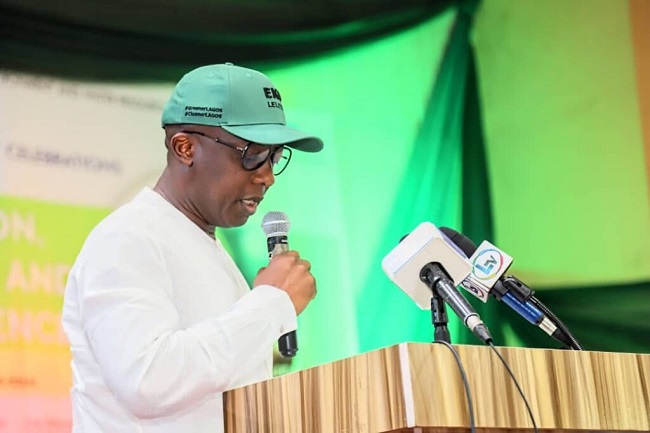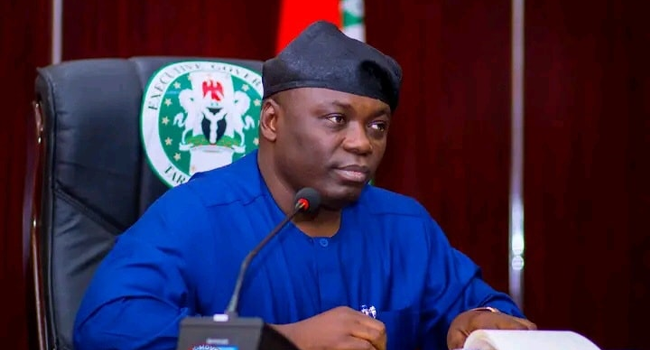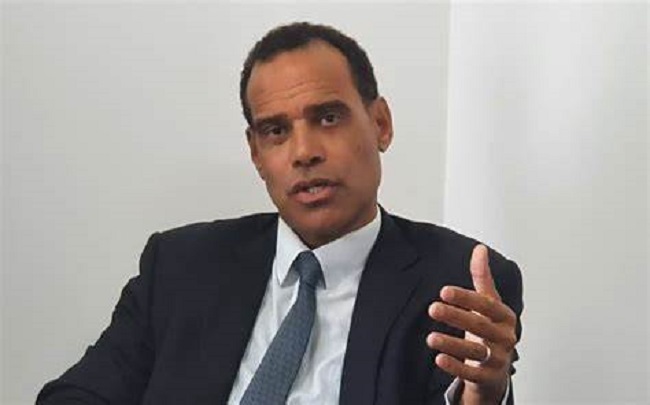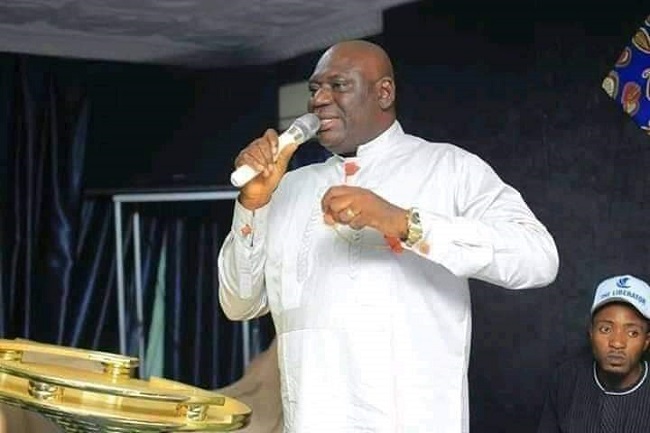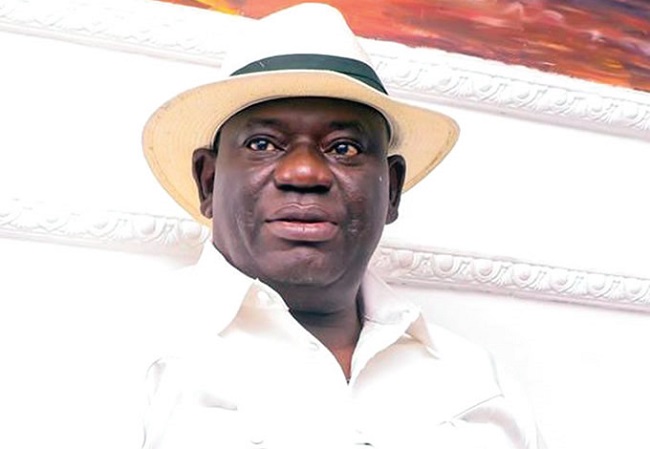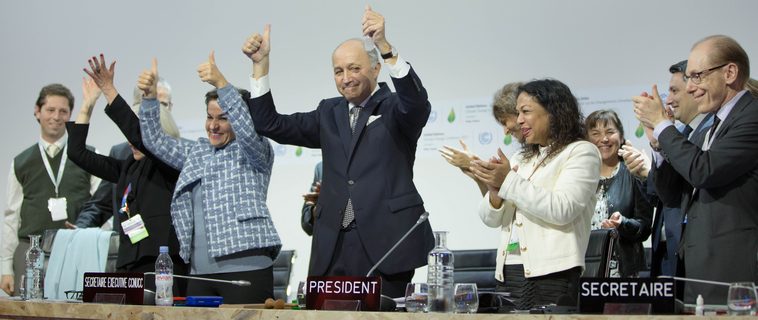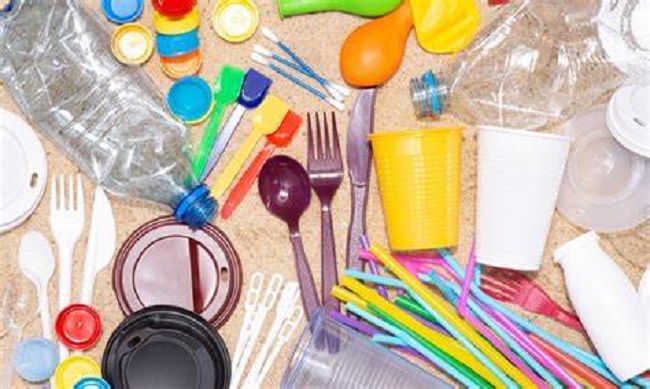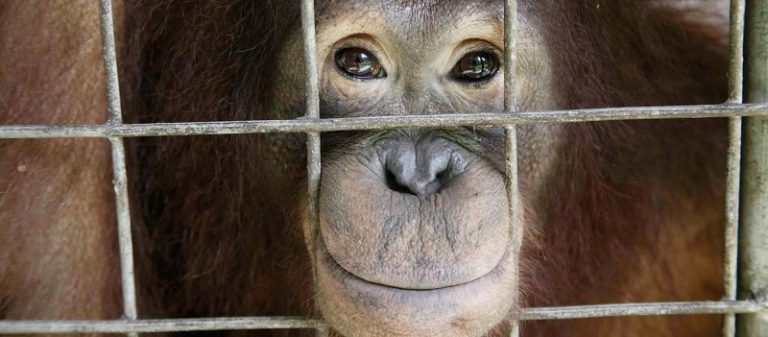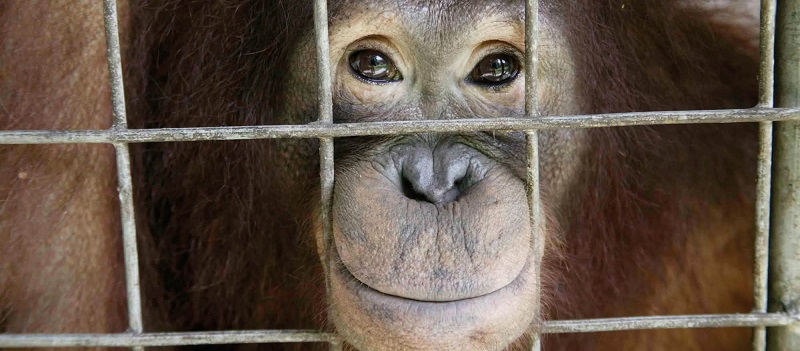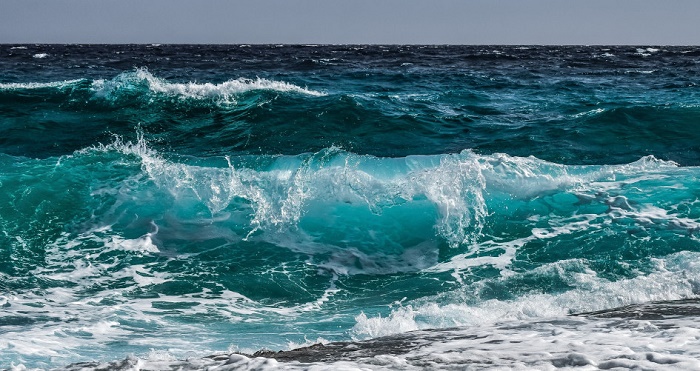The Participatory Approach to Climate and Environmental Protection (PACE), a group, has called for stronger climate policies and greater public involvement toward mitigating the challenges of climate change.
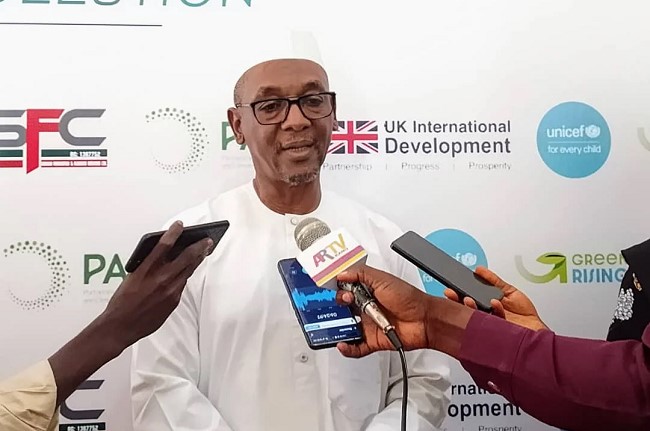
Mr. Auwalu Hamza, the Kano State team lead of the organisation, made the call on Saturday, June 7, 2025, in Kano in an interview.
He was speaking in commemoration of the 2025 World Environment Day.
Hamza said although experts had continued to highlight the importance of the day, it remained a reminder that addressing climate change should not be left to government alone.
“Mitigating climate change is a collective responsibility.
“Government must play its part by enacting and enforcing sound policies and regulations, as well as building effective institutions,” he said.
According to Hamza, the private sector and individuals also have significant roles to play in tackling climate challenges.
“Individuals must take ownership of the issue because climate change directly affects their health, livelihoods and general well-being,” he added.
Hamza stressed the need to build resilient systems that would strengthen democratic institutions and promote inclusive economic growth.
He said that PACE, in collaboration with the Foreign, Commonwealth and Development Office (FCDO), operates at the intersection of governance and climate, supporting Nigeria’s response to climate-related challenges.
Hamza explained that the day was a timely reminder of the shared responsibility in protecting the environment and ensuring a sustainable future.
In a related development, a non-governmental organisation, Standup for Women Society (SWS), Rivers Chapter, has urged residents to strive for zero plastic pollution in the state.
The South-South Vice President, SWS, Mrs. Anne Anyaka, made the call during a sensitisation programme of the group to commemorate the 2025 World Environment Day in Port Harcourt, on Monday, June 9, 2025.
Anyaka emphasised the importance of the theme of the day “Beat Plastic Pollution” citing proper waste disposal as a key to zero environmental pollution in the country.
She said the programme was aimed at educating drivers, passengers and hair stylists doing business at the Abali Indigenous Park on proper way of disposing waste without polluting the drainages, sea ways and ocean.
“Our aim is to educate women and park users on proper waste disposal methods, particularly non-biodegradable items like plastics.
“We are raising awareness on the negative impact of improper waste disposal on the environment, such as suffocating the fishes and other aquatic lives in the sea, and blocking of drainages.
“Research has it that we will have more plastic than fishes in our oceans by the year 2050; this news is not good at all because it means food insecurity and scarcity of aquatic habitats, and more casualties on sea transportation.
“We are sweeping and packing the waste into the waste disposal bags to show them how to dispose the plastic cans, nylon and waste artificial hair products without blocking our seas and drainages,” she said.
Anyaka said that the women were excited about the outreach, but noted their challenges which include lack of waste disposal cans or bags to park the waste.
“They have told us that they need permanent waste disposal cans.
“We will plan for the provision in our next outreach, but we are calling on the park management to provide alternative waste disposal bags for their use.
“We believe that this outreach will make positive impact in the lives of the citizens who use the park for business because cleanliness and environmental sustainability is the key to zero environmental pollution,” she said.
Mrs. Ednah Adigwe, the Chairperson, SWS, Rivers Chapter, commended the women hair stylists at the park for being independent, and useful to the society.
She enjoined them not to allow anyone undermine them, or make them feel inferior whether in their homes or work places.
She advised them to speak out against abuse and exploitation, with the assurance that the association would provide support and advocacy.
“We are here to also ask for your support to help keep our environment clean and safe for all.
“If you maintain the culture of cleaning, this park will be clean and healthy for your stay,” she said.
Adigwe, on behalf of the group, presented brooms, dust packs, disposal bags and hand gloves to the women for the cleaning of their business environment.
Responding, Silvia Ubani, one of the Abali Indigenous Park Women Executives, expressed gratitude to the SWS Rivers Chapter for promoting environmental awareness at their businesses area.
Ubani said that the importance of maintaining a clean environment cannot be overemphasised.
She pledged on behalf of the women to join in the campaign against plastic pollution in the state and country at large.
Meanwhile, Nestlé Nigeria Plc has intensified efforts to ensure environmental sustainability with a nationwide clean-up and sensitisation campaign to commemorate the 2025 World Environment Day.
The commitment was made in a statement by the founder of the African Clean-Up Initiative, Dr Alex Akhigbe.
The statement was issued by the Lead for Corporate Communications, Public Affairs, and Sustainability, Mrs. Victoria Uwadoka, on Monday in Lagos.
Akhigbe said the exercise was held simultaneously across 11 cities, including Lagos, Abuja, Kano, Jos, Sagamu, Ibadan, Agbara, Abaji, Enugu, Awka and Port Harcourt.
He said the initiative was carried out in collaboration with the African Clean-Up Initiative and the local government partners.
“The clean-up activities targeted major market areas with high levels of foot traffic and waste generation such as Oke-Arin Market in Lagos, Utako Market in Abuja and Abubakar Rimi Market in Kano, among others.
“The campaign resulted in the removal of 5,601 kilogrammes of solid waste and 379.2 kilogrammes of recyclable waste, underscoring the impact of community-based waste management efforts,” he said.
The founder said the initiative aligns with the 2025 World Environment Day theme: “Curbing Plastic Pollution.”
“At Nestlé, our commitment to tackling plastic waste is a key part of our vision for a waste-free future.
“We are working with partners such as the Food and Beverage Recycling Alliance and recyclers, including Alef Recycling, Wecyclers, Chanja Datti, and Maladase Ecopreneurs Management Ltd. to enhance the plastics value chain.
“Our Employee Plastics Collection Scheme, introduced in 2022, has diverted over 5,900 kilogrammes of plastic waste from landfills. Since 2019, our initiatives have retrieved over 61,000 metric tonnes of plastic from the environment,” he said.
He said the partnership with Nestlé Nigeria highlights the importance of collaboration in advancing environmental sustainability.
“This goes beyond clean-up. It is about instilling a culture of environmental responsibility and building a circular economy.
“Every piece of plastic removed, every engagement made, is a step toward protecting our planet.
“This reflects a broader sustainability agenda, combining operational responsibility with community engagement to foster environmental awareness and action at the grassroots level.
“Nestlé Cares is the firm’s employee volunteering programme designed to promote social and environmental impact through community service.
“Through various projects, Nestlé Cares empowers employees to make a positive impact in their local communities,” he said.
By Muhammad Nur Tijani, Precious Akutamadu and Olaitan Idris

